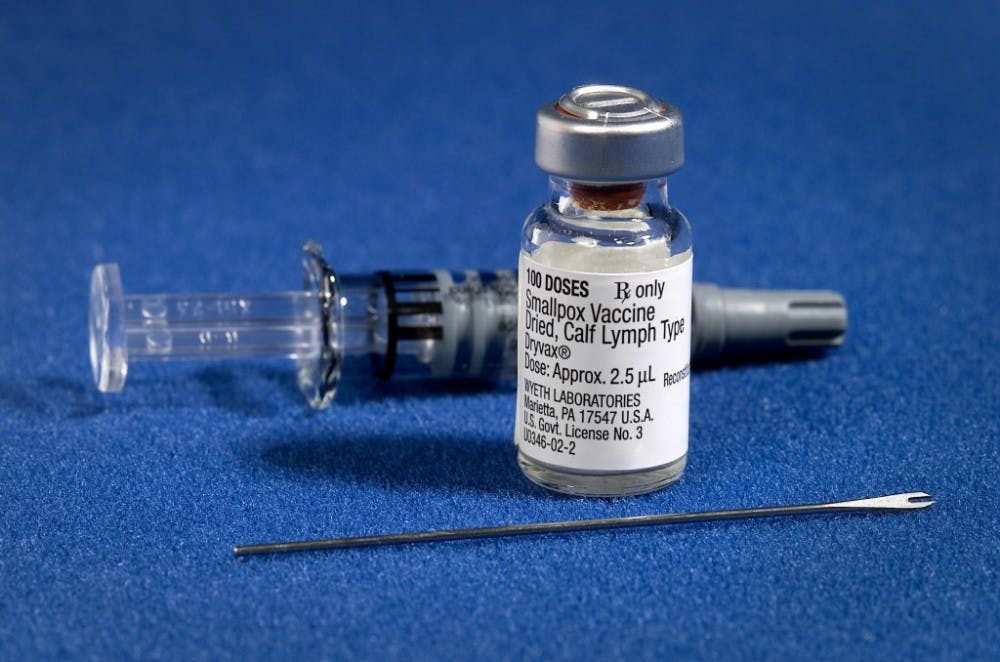Autism has long baffled scientists. Its intense heterogeneity and seemingly enigmatic cause have led clinicians and researchers to struggle to devise a cure. However, in the midst of this confusion, several problematic and often disturbing misconceptions about the nature of autism have arisen. I set out to dispel some of the myths surrounding autism.
Myth: Autism is a singular disease.
Fact: Autism, more accurately referred to as autism spectrum disorders (ASD), actually represents a set of heterogeneous diseases, including Fragile X Syndrome, Asperger’s Syndrome, pervasive developmental disorder and classic autism. Of these subtypes, Fragile X Syndrome has been traced to a malfunction in a specific gene: FMR1. Unlike patients with other types of autism, patients with Asperger’s Syndrome are said to have high-functioning autism due to their seemingly normal cognitive abilities. It is exactly this vast heterogeneity in subtypes that makes ASD such a problematic disease to cure. To make inroads into autism research, scientists have often turned to simple genetic models of autism, such as Fragile X Syndrome. The jury is out, however, on whether the findings from these models can be applied to other forms of autism.
Myth: Early childhood vaccination can sometimes lead to autism.
Fact: This myth was circulated by a fraudulent 1998 article in Lancet in which British gastroenterologist Andrew Wakefield claimed to have found a link between autism and the measles, mumps and rubella (MMR) vaccine. The article has since been retracted, and Wakefield has been condemned by the scientific community for manipulating evidence. Yet the effects of Wakefield’s article were widespread: Following his 1998 claim, vaccination rates in Ireland and England fell sharply, leading to an almost 20-fold increase in reported cases of measles from 1998 to 2007.
Many people still believe in this myth, but nothing could be further from the truth. We have a highly convincing body of evidence showing that there is no correlation between vaccinations and autism. A 2013 study conducted by the Centers for Disease Control (CDC) found no significant correlation between antibody stimulating proteins (such as those found in vaccines) and autism. A total of nine CDC-funded studies have shown that popular vaccine ingredients, such as mercury-based thimerosal, which were once thought to lead to autism, have been reported to have no correlation with autism.
Myth: People with autism are cold and unable to form meaningful social relationships.
Fact: Autism is a developmental disability characterized by not only abnormal brain structure, but also behavioral and cognitive problems. One of the most recognizable features of autism is social disconnection. Patients with autism may seem to show a lack of interest in interacting with external stimuli. For example, a 2005 study by Yale psychiatrist Fred Volkmar found that infants with autism are less responsive to human faces and voices compared to normal controls. However, autism is a spectrum of diseases, and many individuals with higher-functioning autism can successfully maintain social relationships. Furthermore, we must be careful not to confuse social disconnection with a cold affect. While individuals with autism may have trouble with social awareness and social interaction, they often exhibit a genuine affection for those around them.
Myth: Autism is caused solely by environmental factors.
Fact: Whole genome-wide association studies have been crucial in identifying certain risk genes for autism. A 2014 paper in Nature Genetics found that 49 percent of the risk for developing autism can be attributed to certain common risk genes. The subject of autism and one’s genes remains the focus of research.
Myth: Indisviduals with autism have a low IQ.
Fact: Intellectual disorder sometimes presents as comorbid with autism. However, autism is a vast subset of disease and often individuals with autism, particularly Asperger’s Syndrome, excel well beyond their peers in certain areas.
Autism is a set of complex neurological and developmental disorders of the brain. As the incidence of autism diagnosis becomes more prevalent in society, we must be increasingly careful to separate autism fact from myth.





